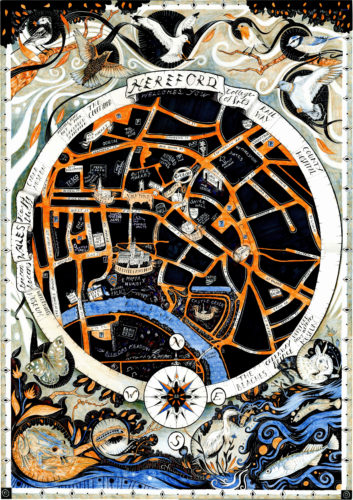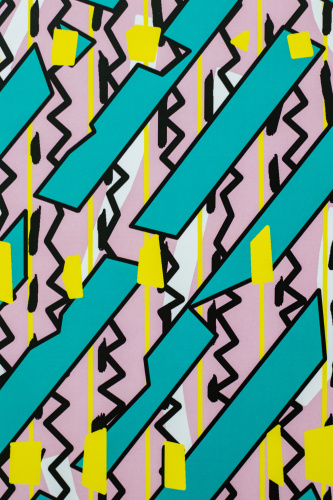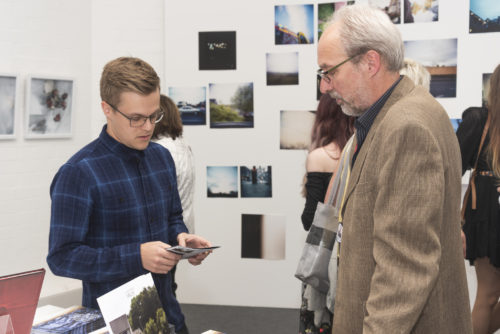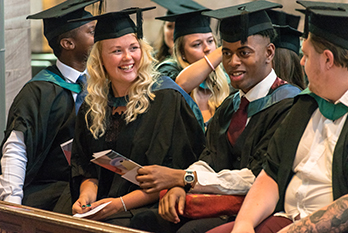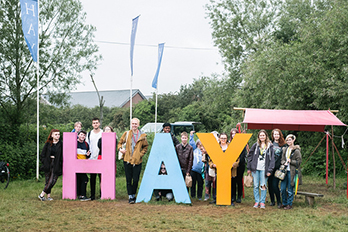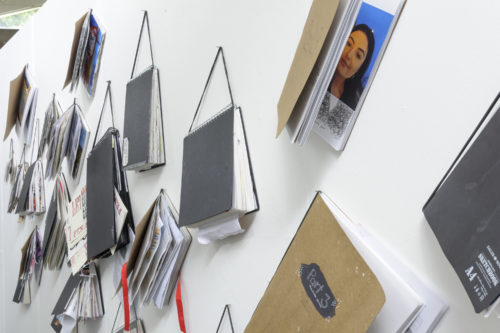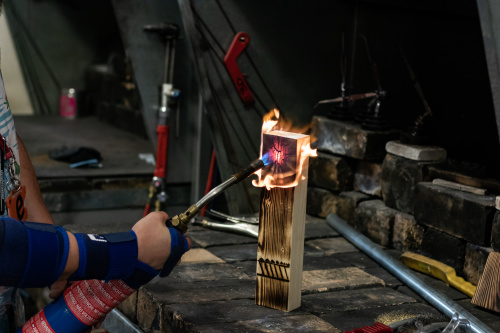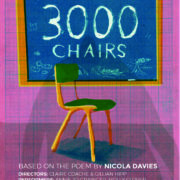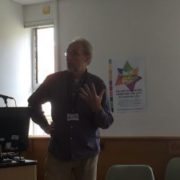Scholarship in action at the AoC HE Research and Scholarship Conference
Published on 28.06.17
Huge thanks to the AoC Create team for organising what promises to be a game-changing articulation of scholarship and scholarly practices in the CBHE sector on Tuesday. This was a busy conference, with many different strands and articulations of practice across the sector. The depth and range of presentations reflect the diversity of CBHE,
Categories
Huge thanks to the AoC Create team for organising what promises to be a game-changing articulation of scholarship and scholarly practices in the CBHE sector on Tuesday.
This was a busy conference, with many different strands and articulations of practice across the sector. The depth and range of presentations reflect the diversity of CBHE, and its various incarnations from embedded HE within the large FEC, to smaller specialist centres like HCA through to University Centres (dedicated HE spaces often set within the larger learning environment of the FEC).
For perhaps the first time since the Scholarship Project’s inception I saw a genuine sector-led voice defining particular articulations of higher level vocational scholarly practice. Despite (or perhaps because of) our disparity, this conference provides our sector with a chance to participate in genuinely dialogic conversations which have the potential to transform practice, not only on a local level but which could impact on the wider HE sector as a whole.
There is, if you like, a kind of ambiguous quality to CBHE. It sits in a negotiation space, a boundary space between HE and the FEC. And, ‘Best of both’ arguments don’t always work when it comes to scholarly activity as the culture of the FEC could be seen as more binary – quality assurance rather than quality enhancement. Scholarship, on the other hand, could be read as being about sustained and sustainable development through critical questioning, research, evidence-based action, and, essentially, the ability to embrace change.
So, one (FEC) discourse around scholarship might be the need to adopt the language of HE for the TEF. Another (HE) discourse might be around the need to re-locate traditional scholarly activity within the 21st-century context of fluidity – to, if you like, use scholarship in CBHE as a counter-discourse to the ‘marketisation’ of HE. Leveraging the power of the position of CBHE in a boundary space to enable it to create practices which work across all of Boyer’s dimensions of scholarship.
Discussion of practice when so many different voices are part of the conversation enables the possibility for individual practice to be transormed through social dialogic action which re-frames scholarship bottom-up in a spirit of associationism.
Plus, if you consider the cultural aspects of the FEC as attracting tutors committed to social inclusion and supporting individual learning through an active teaching and learning culture and take into account the truly diverse student body taught in the FE college, we have a potential space in CBHE that could open up previously very ‘closed’ discussion around definitions of scholarship and scholarly practice in the HEI and bring in the ideas of employers, students and the community. Working in a boundary space can be positive; transformative solutions can be found as part of the conversations and constant movement between the FEC and HE.
And we do need solutions to problems that occur through the collision between marketisation and individual practice. Scholarship in CBHE is not simply a ‘box check’ for the TEF, it is becoming a particular type of activity, linked and framed in Boyer, but something essentially porous and permeable.
Obviously, I couldn’t watch all the sessions yesterday and some individual projects are small; however, the opportunity provided at the conference gives a voice to valuable work which otherwise could be easily subsumed or categorised as the ‘grey literature.
They suggested, from my perspectives the following notions of scholarly practice:
- Scholarly practice as Participated and Performed action
- Scholarly practice as Ingenuity and solutions-driven response to complex ‘wicked’ problems
- Scholarly practice as Praxis; using theory to inform practice and creating a virtuous circle where practice informs theory.
The conference also created the space to share practice-as-research methodologies and framings of research-in-action; hinting at a particular configuration of practice-as-research which moves beyond the ‘action research’ model towards more vertical dimensions.
Such ideas speak, perhaps to Sennett and the idea of ‘dynamic repair’ as applied to the higher vocational curriculum; teaching methods and dissemination of scholarly practice constantly in discourse with students, the wider needs of the community and employers and the institution – constantly re-inventing themselves to respond to particular needs and the immediate context. Scholarship as change-agent? Certainly.


